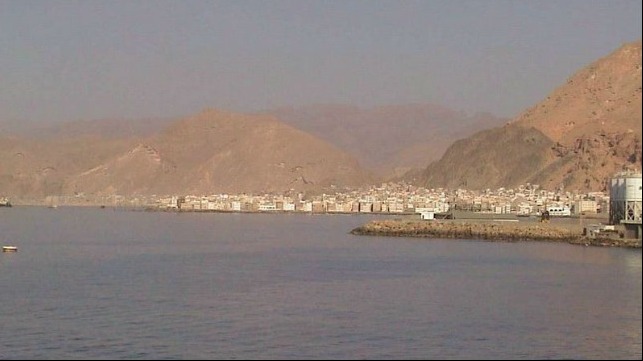Further Delays for UN Inspection of Decaying FSO Off War-Torn Yemen

The long-delayed UN Mission to inspect and begin the work of stabilizing an abandoned FSO sitting off the coast of Yemen has yet again been delayed with the UN expressing more concern that they might miss the opportunity to address what they have called “a ticking time bomb.”
UN spokesman Stephane Dujarric told reporters during his daily briefing on January 27 the that UN had encountered some delays beyond their control due to “international shipping.” While those issues have now been resolved, other logistic concerns remain. They are continuing discussions with the Houthi factions that control the area of Yemen near the Ras Issa oil terminal. The FSO Safer is anchored off the west coast of Yemen in the Red Sea.
"We have communicated to the Houthi authorities our concern over several logistical issues that remain pending," Dujarric told reporters. "We urgently need to resolve these issues in the next several days to avoid missing the window for timely deployment."
A further complication arose in recent days with reports of increased hostilities to the north of the site near the port of Hudaydah. Shelling in the area has caused further damage to one of the few operating ports in the region. There are reports of civilian casualties and further damage to the country’s already crumbling infrastructure.
The UN now hopes that it might b able to reach the rusting oil tanker by early March. Previously they had said the inspection would begin in January or early February.
Since 2019, the UN has been highlighting the increasing danger from the abandoned vessel which is holding 1.1 million barrels of crude oil. In May 2020, there were reports of a small internal leak believed to be in the engine room. While repairs were made, the vessel’s owners said they were unable to maintain the tanker adding to the fears of an impending environmental catastrophe.

that matters most
Get the latest maritime news delivered to your inbox daily.
The UN reached an agreement with the rebels in November 2020 that would permit their team to begin the inspection of the vessel which was built in 1976 and is believed to not have had ongoing maintenance possibly for years. In addition to the danger that the vessel might be shelled to attacked, visible signs of rust and decay have raised increasing concerns about the vessel’s condition. Also, it is believed that the tanks have not been properly vented for an extended period raising concerns of a toxic situation aboard or potential combustion.
The objective of the UN-led expert mission is to assess the vessel and undertake initial light maintenance, as well as to formulate recommendations on what further action is required to neutralize the risk of an oil spill.
